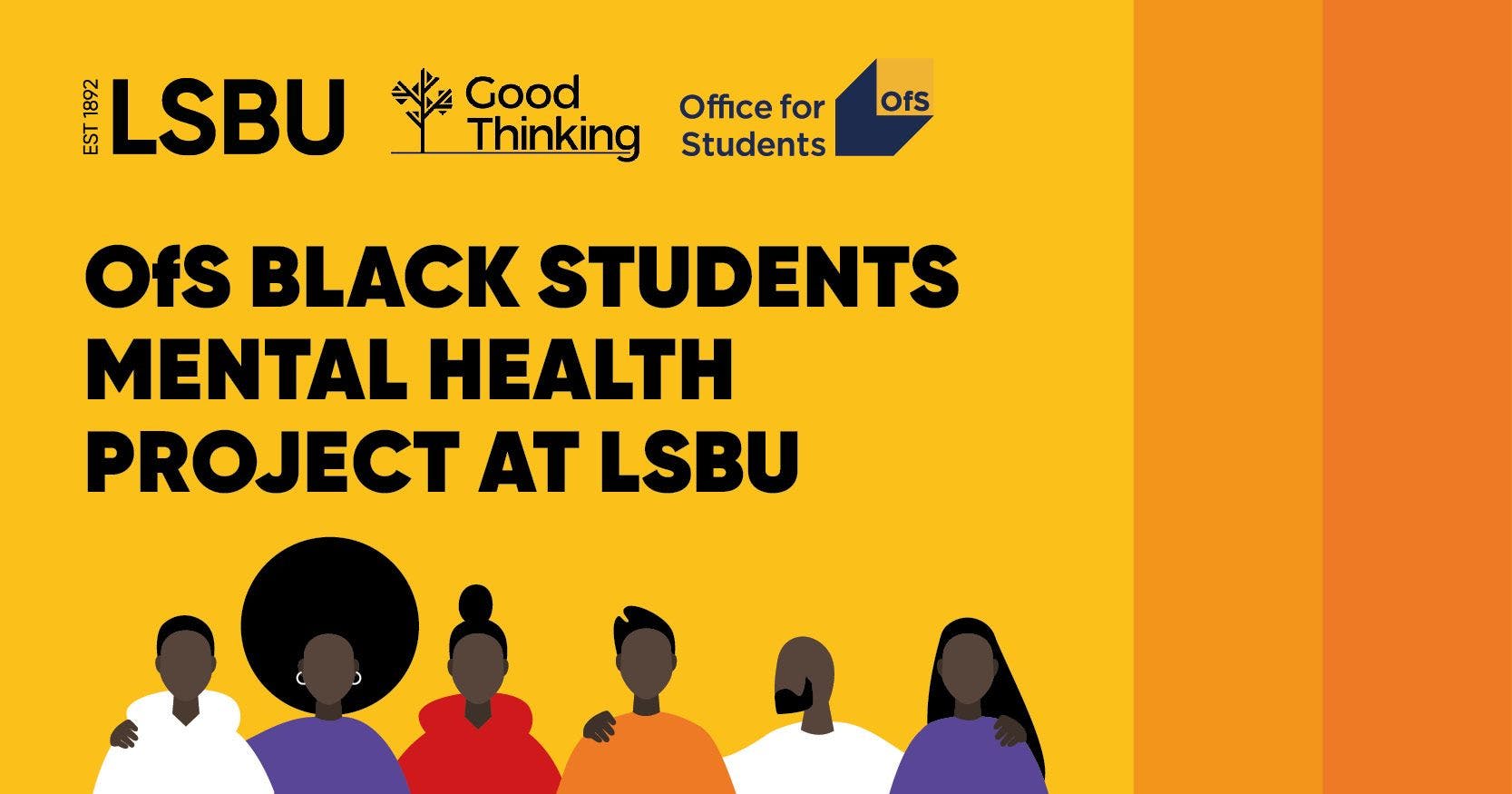An important message from Good Thinking
We regret to inform you that the Good Thinking service will be closing on 31 January 2026. This has been a difficult decision after eight years of supporting Londoners.
If you’re struggling with your mental health, please visit Every Mind Matters or Hub of Hope, or contact your GP, NHS 111, or the mental health team in your borough. For more information about the closure, read our FAQs.We have created an archive of the Good Thinking website for healthcare professionals.Approved by
LAST REVIEWED 20 March 2025
Keeping a journal is a great self-care tool for anyone – a simple way to keep track of what’s going on in your life and how you’re feeling.
If you’re experiencing any mental health concerns, journaling can be particularly helpful. For example, if you feel anxious, depressed or stressed but you’re not ready to talk to other people about it, it can help you develop a better relationship with yourself.
In this blog, the Good Thinking team provides some tips if you’re new to journaling and Tamikah, a postgraduate student at LSBU, shares how her own journaling habit is an important part of her self-care routine.
What is journaling?
Journaling is where you make a note of things that have happened and how you’re feeling, either in writing or as an audio recording. You might like to think of your journal as a check-in tool and a safe space for you to arrange your thoughts and process your emotions.
How can journaling support good mental health?
Studies show that journaling can help you to manage anxiety, stress and depression. It can also help you to be more focused, understand yourself better and appreciate the little things in life.
Tips to get started with journaling
- Decide how you’ll keep your journal – you could use your laptop, download a journaling app, write by hand in a notebook or make voice memos on your phone.
- Start small – set a timer and write in your journal for one or two minutes every couple of days then build up to longer.
- Be honest and open – this is your journal so there’s no need to censor any feelings, thoughts or fears.
- Make it a habit – try to journal at the same time every day (you might like to combine it with another part of your daily routine, such as getting ready for bed or drinking your morning coffee).
- Use prompts – if the blank page is intimidating, you could draw two columns a) what went well today? and b) what didn’t go well today? and write how they made you feel.
- Stick with your journaling – some days (e.g. when you’re tired or stressed), you might not feel like doing it but it’s those times when it will be even more helpful.
- Enjoy the process – find a quiet place and listen to some relaxing music while you’re writing in your journal.
- Track your mood over time – as well as referring back to your journal entries, you could use the free My Possible Self app to highlight activities, places and people that influence your mood so you can focus on the things that make you feel great and do less of the things that don’t.
Tamikah's experience of journaling
“One of the main ways I take care of my mental health is through journaling but it's a little unconventional.
For a whole year, I journaled using pen and paper but I absolutely hated it because it was so much effort and work and I felt like I wasn't getting all of the words in my head down on paper.
So, what I do now – and it works well for me – is I use the voice memo app on my phone to kind of journal out loud to myself. Basically, I hold my phone and I have a conversation with myself and that's my version of journaling.
I found that I can do it multiple times a day – it can be short or long; it depends how I’m feeling. I just try to make sure that I put something in there at least once a week and the key here is being consistent. I usually do it at the end of my day and it helps relax me before I go to sleep.
I always try to make sure that I’m adding in the positives from my life because I feel like journalists get so caught up in writing down the negatives or something really bad that happened to them that sometimes you can forget to put in the positives that have happened that week or that day.
My advice to other people would be to find a way of journaling that works for you. I was advised to start with pen and paper and it did help me but it wasn’t something I could commit to long term. Once I figured out the voice memo journaling on my phone, it was something that I knew I could keep up with. I enjoy it. It’s kind of fun.
Journaling is something that anyone of any age can do because we all have mobile phones or some sort of personal device like a tablet or laptop. I think everyone should give it a go – they might find it helps them more than they expected!”
Useful Good Thinking resources
- Five ways to good mental wellbeing - five steps you can take to help you to feel more positive and boost your wellbeing
- Free NHS-approved wellbeing apps (including My Possible Self) - check out the full range of apps that Good Thinking recommend to help boost your mental wellbeing
- How to develop a new healthy habit - advice from Good Thinking and a behaviour change expert
- Mental health and wellbeing support for students - check out Good Thinking’s range of advice and support to help you to stay mentally health at college and university
This blog was written as part of the Office for Students' Black Students Mental Health Project at London South Bank University. Check out the full range of wellbeing resources available on the Good Thinking website.
Explore the resources >















